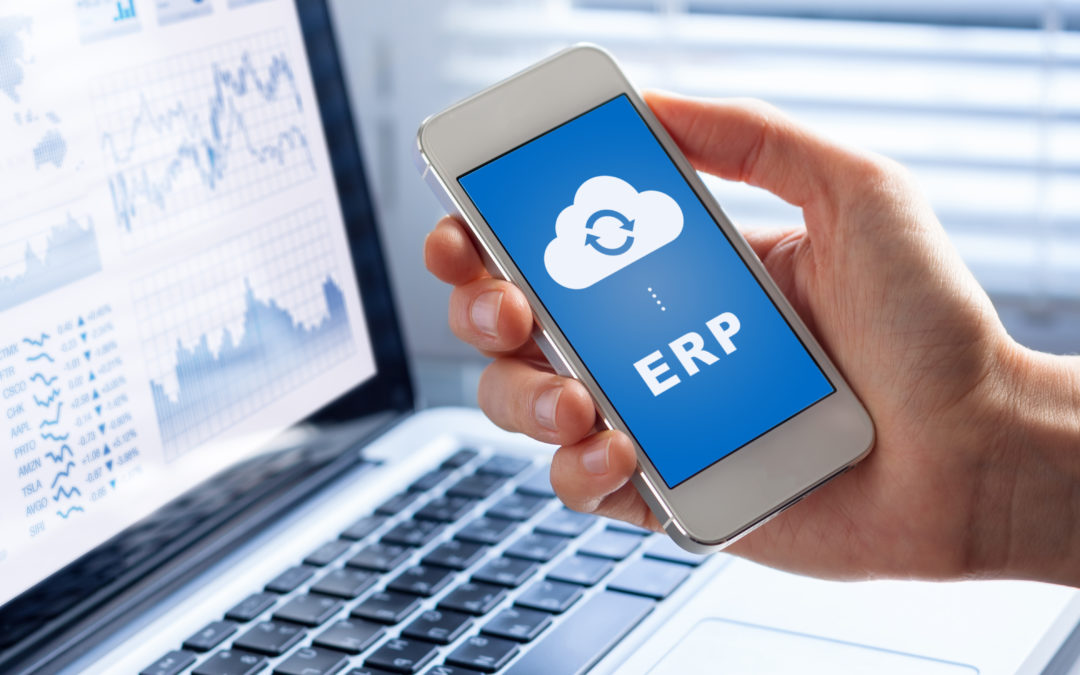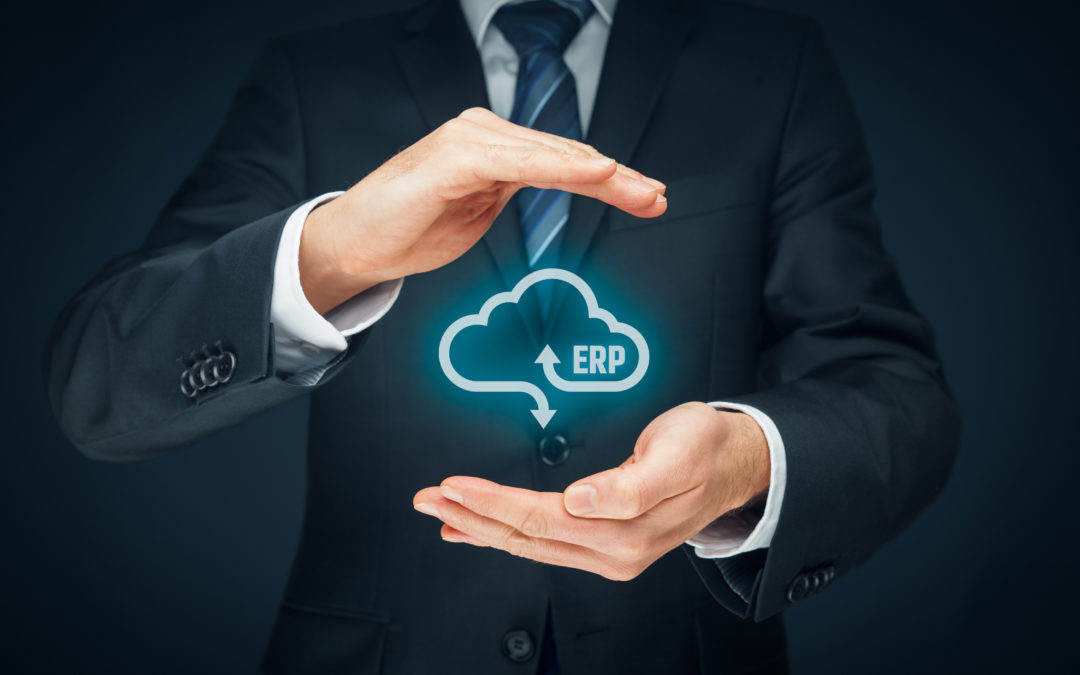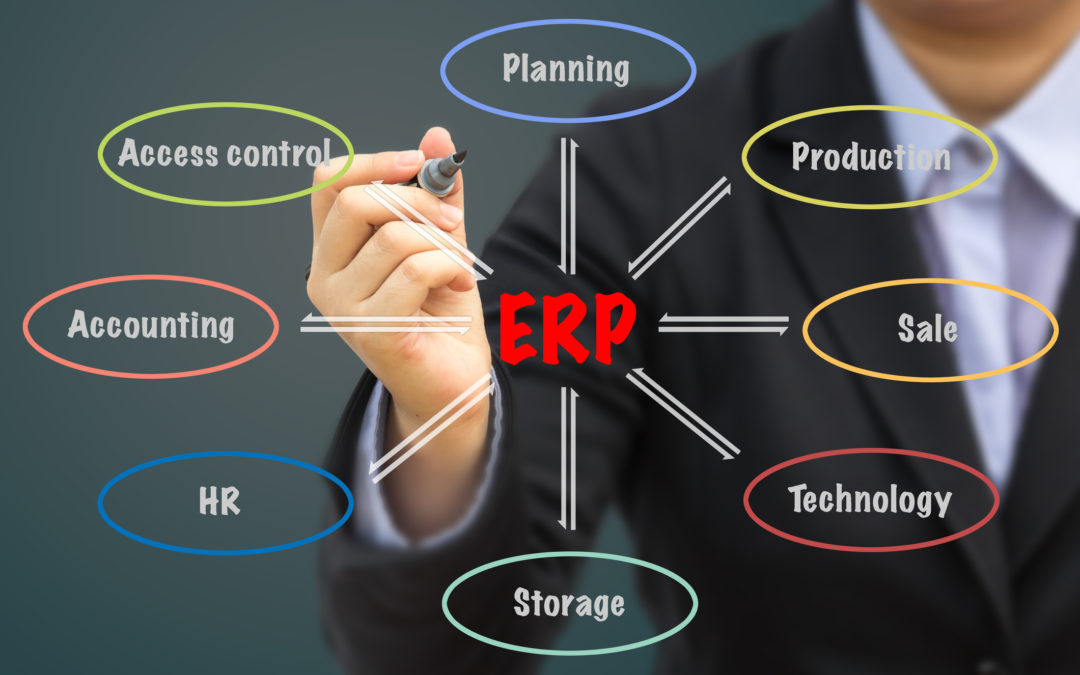
Why Cloud ERP is Right for Your Business
Cloud-based computing allows users to access their software applications on shared computing resources, thus avoiding the costs of managing and maintaining their own data center. It’s an ideal option for those who need guaranteed up-time and want the most up-to-date software applications available. More and more business is turning to cloud ERP software as well, as it provides the anywhere-access of all cloud applications and features a lower up-front investment.
What Is Cloud ERP Software?
ERP software integrates your business processes to foster automated workflows and provides you a full view of all of the various aspects of your business that make it work, including sales, finance, and production. The only major difference between cloud ERP software and on-premises ERP software is the physical location of the software. However, if that physical location is at the vendor’s data center and made available to you through the internet, you are able to access the software from anywhere.
The History of Cloud ERP
ERP software is now entering the phase where data is flowing freely across all aspects of a business and providing the ease and precision of automated workflows. It wasn’t always that way, however.
In the early 1960s, the original ERP was the pioneer computer system installed at a manufacturing plant in order to track materials. Two decades ago, business solutions were maintained on space-eating machines on premises of all types of businesses. ERP software was sold in large, cumbersome packages with questionable functionality.
Customizing that software required hiring someone to configure it through millions of lines of software code. If you had a problem, it would take a team of engineers to figure it out.
There were a number of issues that necessitated the progress of ERP to the cloud. The biggest of those issues is that the expense of the data center, the IT team, space for the computers, the computers themselves, the code writer and the engineers caused the powerful benefits of ERP software to be little more than a dream to everyone but the largest and most profitable companies. Further, the processes of inputting and accessing the information left little room for alternatives, and noncompliance with procedures was high as frustrated employees refused to conform to the system’s process changes.
Benefits of Cloud ERP
In addition to providing a cost-effective solution for businesses of all sizes, without the demands of on-premises deployment, cloud ERP offers many other benefits, such as:
- No upfront software licensing fees
- The vendor handles all software updates and upgrades, meaning you and your employees always have access to the latest versio
- Access to your data wherever you are
- You pay only for the cloud services you need and you’re easily able to add more as your business grows or your needs change
- A fixed monthly rate for the software that you rely on
- Data is backed up regularly and there is a disaster recovery plan in place
- Your vendor provides data security and your vulnerability to attacks is diminished, as your data is not located on premises
- A limited amount of time is needed for implementation, meaning you can take advantage of the benefits of your cloud ERP a lot sooner
Why Cloud ERP Is Right for Your Business
Is your business in the process of growing and, therefore, requires a scalable solution? Do you have limited funds to invest in hardware, software, and IT personnel? Do you want guaranteed up-time and the knowledge that your data is recoverable in the event of a disaster? Do you want the peace of mind that comes with knowing exactly how much you’re going to pay each month for the business technology you require? Are you ready to start using your ERP system as soon as possible? If you answered yes to any of these questions, then cloud-based ERP is a great solution for you. Contact us for more information.




